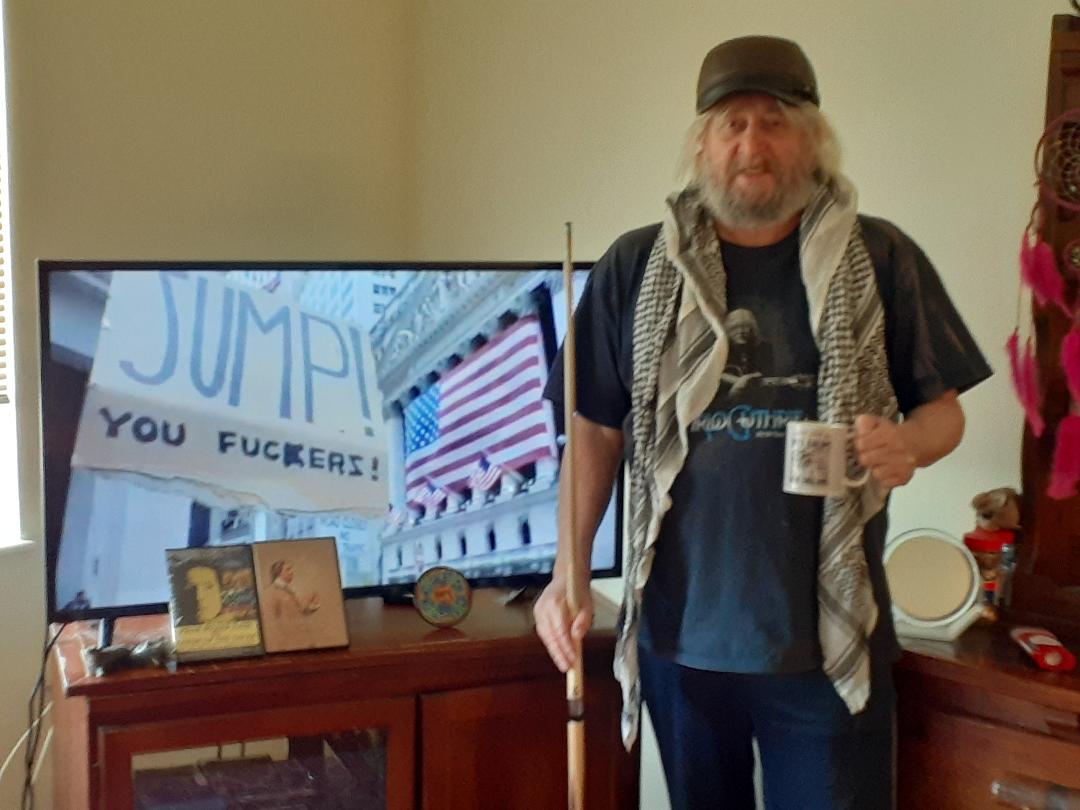By Bob Passi
(Author of Saving Democracy: From the Warnings of 2016 to the Urgency of 2025)
https://www.perspectives-bobpassi.org
The recent U.S. bombings of Iran have once again placed that country front and center in our national narrative-- not only provoking a response from Tehran and appeasing political hardliners like Netanyahu, but conveniently shifting attention away from pressing domestic turmoil both in the U.S. and Israel.
There's a well-worn political adage: "If your presidency is in trouble, start a war."
Why? Because foreign conflict:
- Dominates the news cycle
- Sparks patriotic reflexes that rally public support
- Grants the executive branch emergency powers
- Justifies massive military spending
- And most importantly-- it reframes the narrative
Suddenly, we're no longer talking about corruption, trials, or democratic backsliding. Instead, we're locked in the mindset of threat, retaliation, and national unity.
This strategy, sometimes labeled the "Wag the Dog" effect, is nothing new. But in 2025, its implications are particularly dangerous-- especially when the domestic fabric of democracy is already fraying.
The Cost of Forgetting Context
In this climate, all context except the most recent-- or most convenient-- is forgotten. We stop asking how we got here. We lose track of the decades of U.S. meddling in Iran, the long shadows of the 1953 CIA coup, the weaponization of sanctions, the killing of General Soleimani, or the collapse of the nuclear deal.
Each of these moments set the stage for the current conflict, yet are rarely mentioned in the latest round of talking points. Without that context, our understanding becomes dangerously shallow. We see only enemy, not history. Only response, not pattern.
A Pattern That Undermines Democracy
This dynamic-- relying on fear and distraction-- is a hallmark of authoritarian behavior.
It creates a state of permanent emergency, where civil liberties are expendable, dissent is framed as unpatriotic, and political accountability is deferred indefinitely.
I explore this very pattern in my book Saving Democracy: From the Warnings of 2016 to the Urgency of 2025, which traces how economic elites, political actors, and media structures have colluded-- sometimes unwittingly-- in the erosion of democratic norms.
The return of such foreign policy manipulation in 2025 is no coincidence. It's a signal that the lessons of recent years have not been learned-- or worse, have been fully absorbed and repurposed.
(Note: You can view every article as one long page if you sign up as an Advocate Member, or higher).







